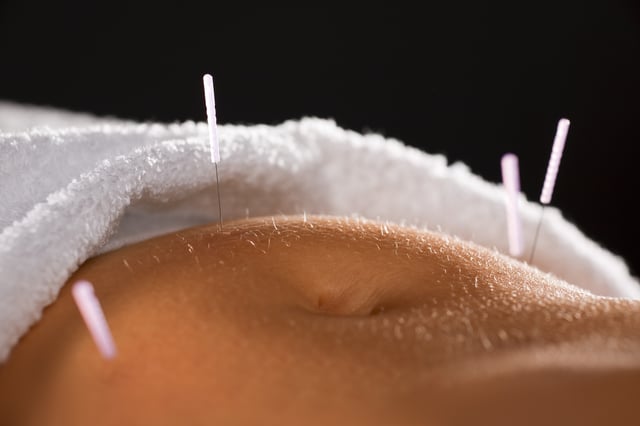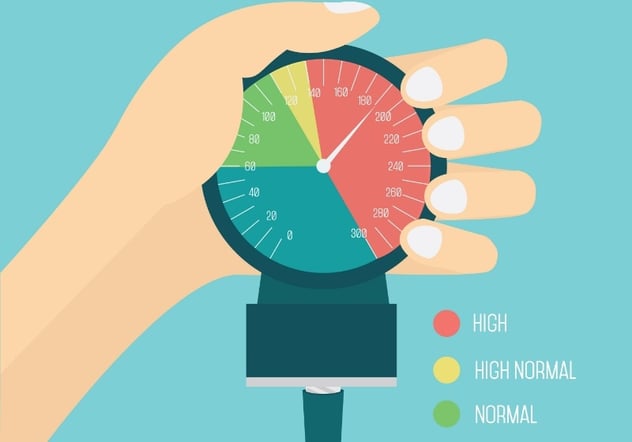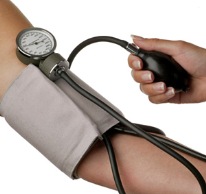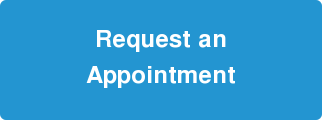
The world we live in is changing at a rapid pace. The American healthcare system has shifted in recent decades; notably, patients are asking more from their healthcare providers. The traditional Western medical approach of specialist referral for each symptom is giving way to alternative forms of healthcare like acupuncture and Chinese herbal medicine.
In contrast to Western medicine, the perspective of traditional Chinese medicine (TCM) looks at the whole person—his or her dietary preferences, lifestyle, exercise, and the strength of his or her connections in different types of relationships—as well as to the particular symptoms and signs which brought the patient in for treatment in the first place. In order to truly address the root of a patient’s illness or complaint, TCM pays great respect and close attention to what the patient eats and drinks and what preventive treatment the patient needs to receive according to the four seasons, as well as to the physical and spiritual living conditions of the patient.
According to TCM belief, we are what we eat, and we are also a part of the greater universe. Our wellness is affected by factors such as seasonal changes, monthly lunar changes, physical and spiritual activities, etc. The winter season, which we are currently in, requires hibernation and storage. Water turns into ice because of the cold; the earth is cracked because of the cold. Winter is considered the best season for rejuvenation and recuperation, conservation and revitalization. Ingestion of tonics in wintertime has been the traditional life cultivation method in China for several thousands of years.
Modern researchers believe winter is the season in which nutrients are most easily accumulated. Therefore, nutrients can be transformed into energy to the greatest extent and stored inside the body by means of recuperation with proper diet recommendations and preventive treatment, including acupuncture and Chinese herbal medicine, to maintain balance and nourish the internal organs and essence. TCM will change the patient’s overall condition so that both the symptoms and the underlying disharmony disappear. The body may then be sufficiently supported in such a way as to remove all unpleasant symptoms.
In addition to seasonal nutritional recommendations, the effectiveness of abdominal acupuncture to support and harmonize the body’s organ systems, treat illness, and strengthen Essence and Qi is based on ancient theories of Daoism. In the past, an old qigong master imagined a three-cun taiji (yin/yang) symbol centered below the umbilicus. Embraced in the center were two energies, one being yang and the other being yin, the ascending/descending, the entering/exiting of Qi and Blood throughout the body. Because most of the body’s organs or their external–internal pair reside in the abdomen, needling abdominal points can affect the entire internal system.
The abdomen is recognized as our second brain; in ancient times, the abdomen was used for diagnosis, and still today the abdomen is used in TCM as a means of treating the entire body. In TCM, we believe our health does not occur in a vacuum; rather it has its roots in our total being. The body does not work as a series of parts in isolation, but rather as a whole, dynamically integrated with our entire system. Every cell is a nerve cell.
This biological awareness of every cell is really the foundation of wellness and health. The abdomen has more nerve cells than the brain and spinal cord combined; as a result it has huge control over our emotional wellbeing as well as on our overall health, and it is particularly important in the regulation of digestion, hormones, emotions, and pain. The abdomen produces about 80% of all serotonin, a hormone responsible for mood, sleep, learning, and blood pressure. Abdominal acupuncture therefore can have far-reaching effects on digestive problems, women’s health issues, stress, and immune and adrenal support, and can also help to relieve pain syndromes and sleep disorders.
Abdominal acupuncture can only be achieved with ideal effect through deep understanding and years of practice of the theory, philosophy, and techniques of abdominal acupuncture, which are all quite unique and different from other acupuncture methods. The AOMA Clinic team of highly skilled and trained professional acupuncturists can help you experience the preventative health benefits of abdominal acupuncture, traditional Chinese herbal medicine, and season-specific and personalized diet and nutrition recommendations. Support your body, mind, and spirit this winter with the rejuvenating, recuperating, and revitalizing benefits of acupuncture and traditional Chinese medicine.

 Hypertension is a series of clinical symptoms marked by increase of blood pressure in the arteries of blood circulation, according to the criteria suggested by the
Hypertension is a series of clinical symptoms marked by increase of blood pressure in the arteries of blood circulation, according to the criteria suggested by the 


